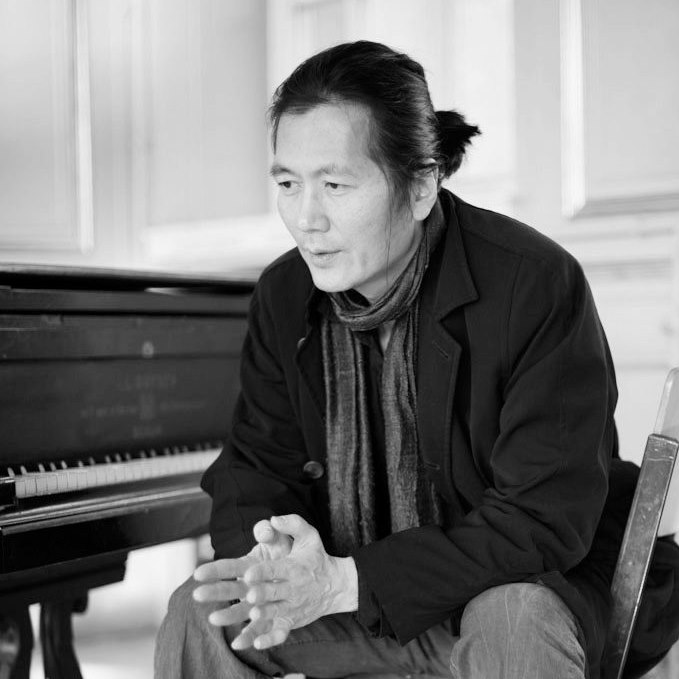For the philosopher, our postfactual stimulus culture is one that edges out time-consuming values such as loyalty, ritual and commitment

The other day I accidentally dropped a silver art-deco teapot, which has been my constant companion for the past 20 years. The dent was huge, and so was the measure of my grief. I suffered sleepless nights until I found a silversmith who promised me she could fix it. Now I find myself waiting impatiently for its return, filled with dread that, when it arrives, it will no longer be the same. And yet the experience leaves me wondering: why have I unravelled in this way?
‘Things are points of stability in life,’ the South Korean-born, Swiss-German philosopher Byung-Chul Han writes in his new book, Undinge (Nonobjects), which is just out in German. (As is the way of things with philosophy books, English-language readers might need to wait some time for its appearance in translation). ‘Objects stabilise human life insofar as they give it a continuity,’ Han writes. Living matter and its history bestow on the object a presence, which activates its entire surroundings. Objects – especially well-designed, historically charged objects, and which are not necessarily artworks – can develop almost magical properties. Undinge is about the loss of this magic. ‘The digital order deobjectifies the world by rendering it information,’ he writes. ‘It’s not objects but information that rules the living world. We no longer inhabit heaven and earth, but the Cloud and Google Earth. The world is becoming progressively untouchable, foggy and ghostly.’
This type of critical stance towards the present, written in clear, zenlike sentences, is a feature of all Han’s books. From The Burnout Society (2010) to The Disappearance of Rituals (2019), he describes our current reality as one in which relations to the other – whether human or object – are being lost; as one in which the tap of finger on smart- phone has replaced real contact and real relationships. The fleeting quality of virtual information and communication, which obliterates, through amplification, any deeper meaning or stillness, displaces the object – whether it be the jukebox in the author’s apartment, or the telephone receivers of Walter Benjamin’s childhood, famously ‘heavy as a dumbbells’ – in whose physical presence resides a humane component, or even an aura, that makes the object mysterious and alive.
Information on the other hand does not illuminate the world, according to Han. It deforms it, levelling the boundary between true and false. ‘What counts is the short-term effect. Effectiveness replaces truth,’ he writes here. For Han, our postfactual stimulus culture is one that edges out time-consuming values such as loyalty, ritual and commitment. ‘Today we chase after information, without gaining knowledge. We take note of everything, without gaining insight. We communicate constantly, without participating in a community. We save masses of data, without keeping track of memories. We accumulate friends and followers, without encountering others. This is how information develops a lifeform: inexistant and impermanent.’
Han speaks of an infosphere, which has settled over the objects. The atmosphere that develops in real space through relations to others and to, as he puts it, ‘things close to the heart’ disappears in favour of fleeting swipes on screens, which suggest brief, disembodied experiences. It’s these types of positions that have earned Han the reputation of being a cultural pessimist – of being a moaning, reactionary romantic who loves to quote himself. Yes, naturally the ‘Like’ button, the ‘Hell of Sameness’ and Martin Heidegger as the earthbound antithesis to our affirmative, virtually defined world are topics he returns to here. These mantras – there is almost a meditative quality to his writing, providing insight and understanding without forcing the reader into higher spheres – have to be understood as anchors, binding you to the basic concept, leaving the horizon to expand as you read.
As a nonnative German speaker and writer, Han manages, in a fascinating way, to dissect the cumbersome semantics of Heidegger, the Black Forest philosopher, in his analysis of the contemporary and to carve out words in such a way that they appear to have the kind of physical quality that almost allows them to become objects in themselves. Indeed, many artists are attracted to Han’s work precisely because of this elision of form and meaning: the pictorial, minimal- existential language he deploys so pointedly, in much the same way as art manages to do when it’s at its best. It’s worth noting too that Han didn’t need to wait for a pandemic to describe how we are voluntarily tied to our laptops, how we exploit ourselves in the neoliberal home-office mode, how this makes us feel creative, smart and connected while we cover up our feelings of precarity with swipes and likes; he did that more than a decade ago.
Now he has reached the stage of addressing commitment and responsibility, quoting famous phrases from The Little Prince (1943): ‘You become responsible forever for what you have tamed. You are responsible for your rose,’ as the fox tells our royal hero. And, ‘One sees clearly only with the heart.’ Moreover, Han does so in such a disarming way that you can understand why other philosophers snub him. In a discipline that revels in overt complexity and a lack of contact with reality, someone like him cannot be allowed to score points. Yet we should note that while those who stoically grasp the nettle have always been stung, more often than not their actions have been ultimately proved to be right.
Translated from the German by Liam Tickner
Undinge: Umbrüche der Lebenswelt by Byung-Chul Han, Ullstein Verlag, €22 (hardcover)